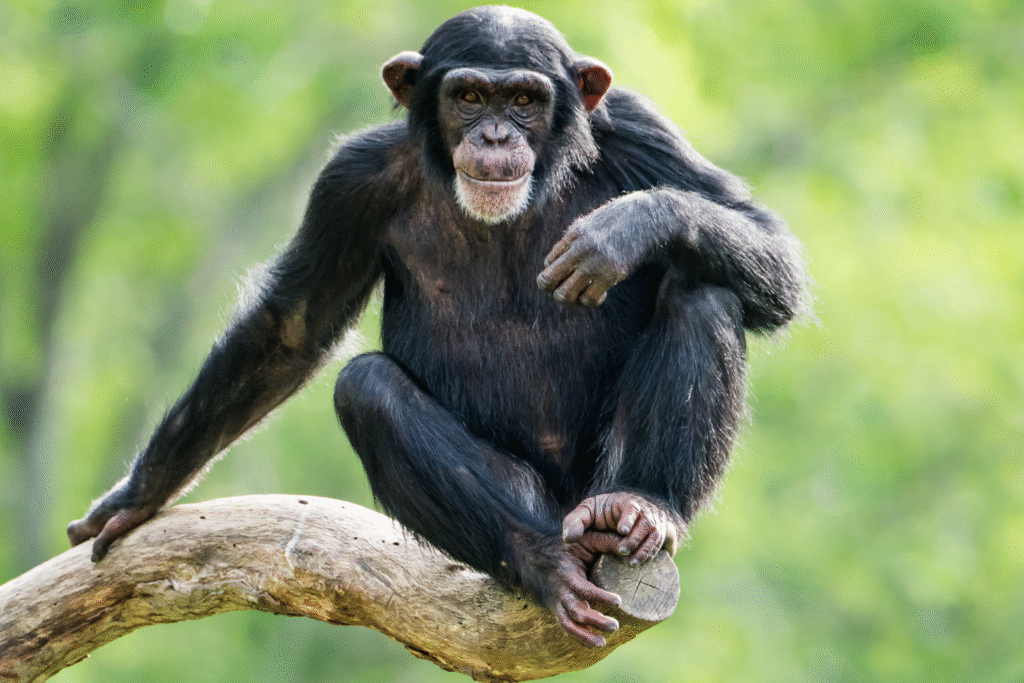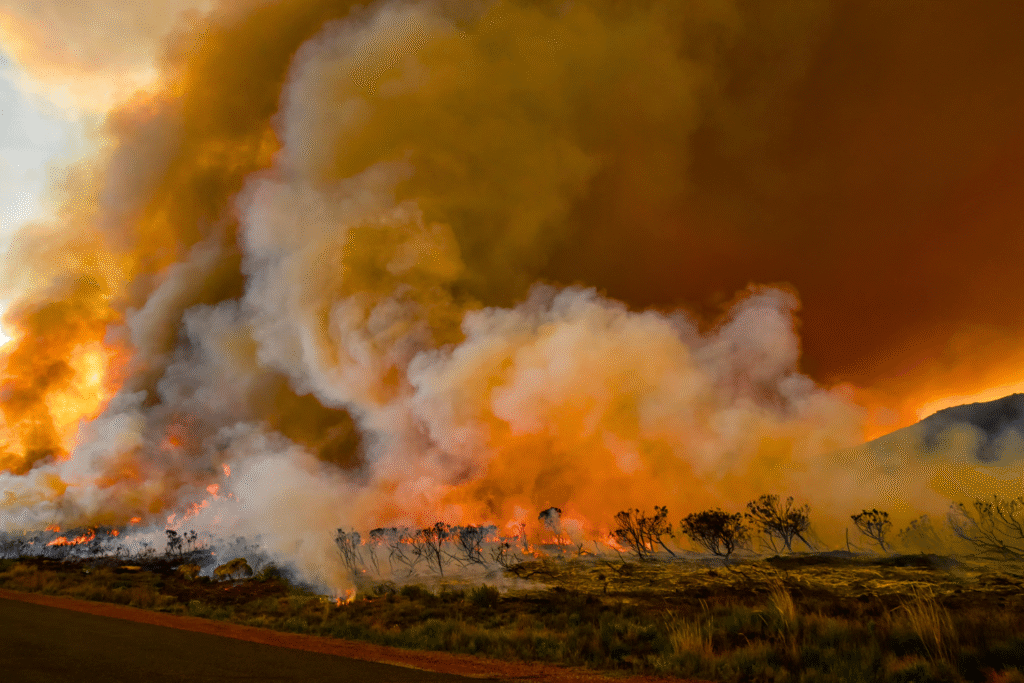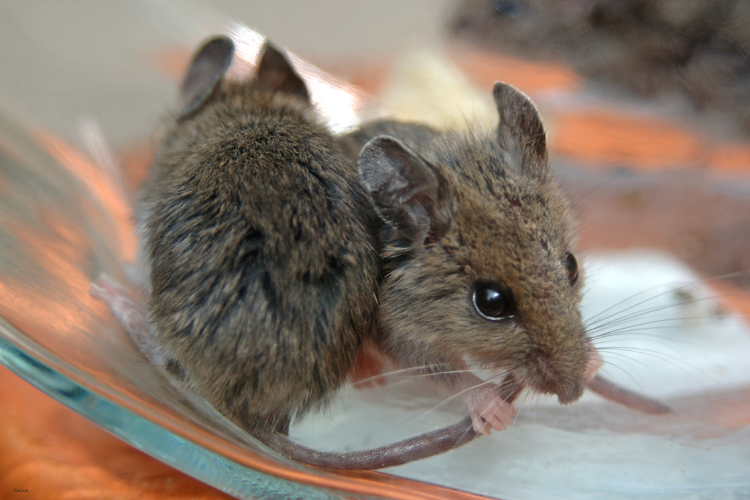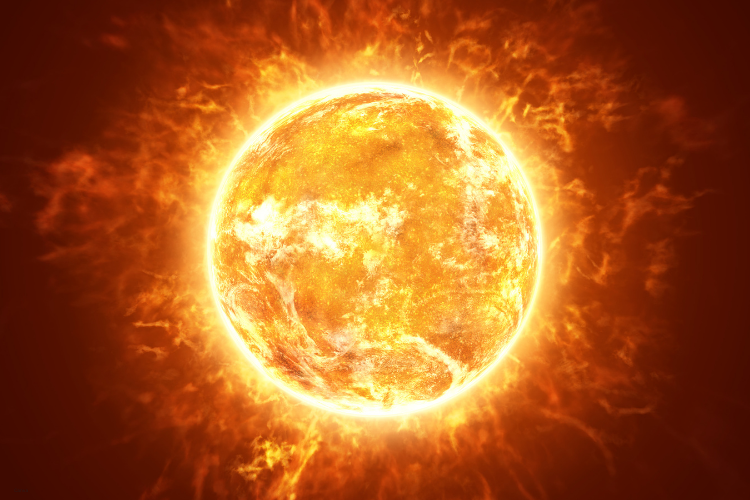Giant planet formed from cosmic collisions billions ago.
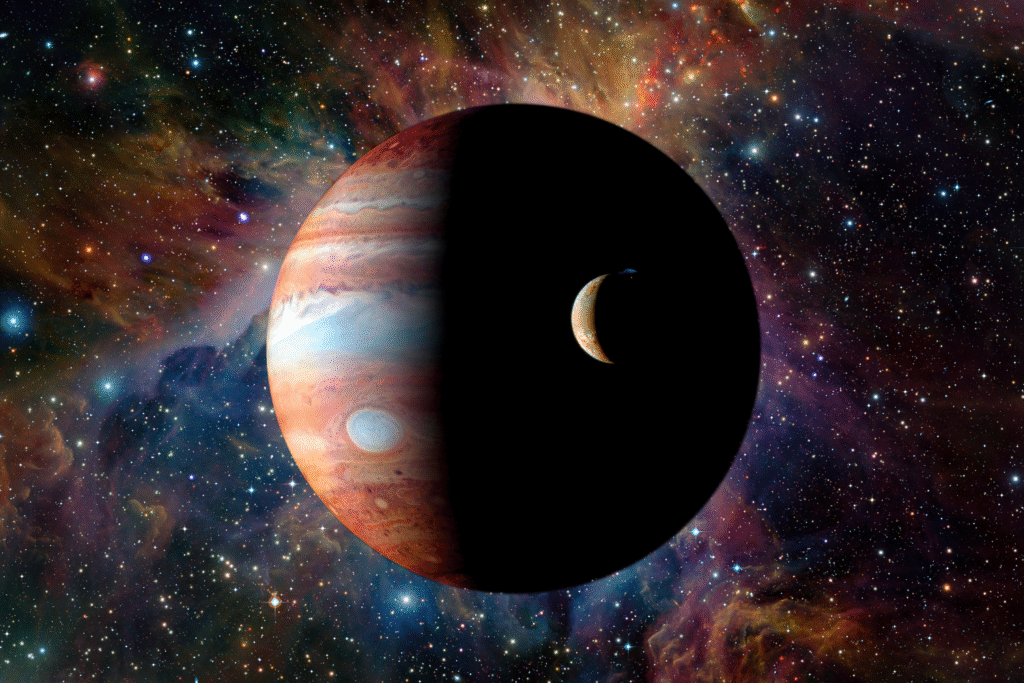
Jupiter holds the secrets to our solar system’s violent birth within its massive, swirling atmosphere. NASA’s groundbreaking Juno mission has peered beneath the giant planet’s dense clouds, revealing a story of ancient chaos and cosmic collisions that shaped not just Jupiter, but our entire planetary neighborhood. Scientists now understand that Jupiter formed through a series of catastrophic impacts between countless rocky and icy objects called planetesimals, creating the solar system’s first and largest planet approximately 4.6 billion years ago. This formation process was so influential that it determined where other planets could form, including our own Earth.

